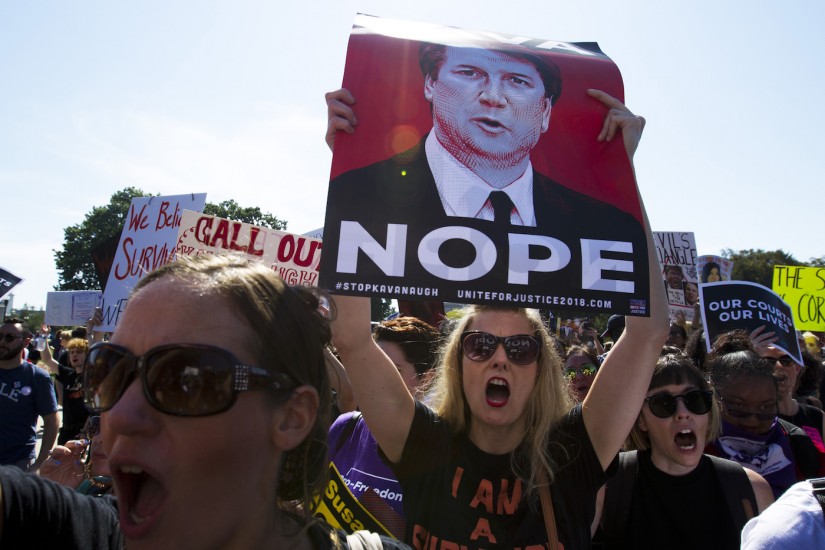Growing tolerances regarding acts formerly regarded as sins are relatively easy to deal with because they generally result in a more rather than less inclusive view of who is eligible for higher office. It’s much trickier when the opposite occurs: a norm evolving in a way that ends up condemning behaviors once considered relatively acceptable. This diminishes options for people who once behaved in ways now considered out of bounds, even though at the time the acts committed were considered, if not quite no big deal, then at least relatively minor deals.
This attends in particular to issues regarding gender and race politics, for which a whole set of new taboos have emerged over the past couple of generations. Prior to the civil rights movement, for example, white people referring to black people using the N-word would have been considered completely normal in many circles. Not that this was good—even among many unrepentant segregationists such language would have been considered vulgar and hence rude. But it would have been seen as more unbecoming than politically disqualifying.
Today, by contrast, being caught saying such a thing, even many years ago, is almost certainly career-ending. In 2006, for example, Senator George Allen (R-VA) used the term “macaca” to refer to S.R. Sidarth, a brown-skinned man who was filming his event. It turned out that this term was some obscure Francophone (or possibly Lusophone) racial slur derived from the word “macaque,” a species of monkey. The outcry was immediate; even members of his own party refused to support him. Allen lost a closely contested election to Democrat Jim Webb.
Of course, Allen’s slur took place not in the distant past, but was something happening live in the then-present moment of 2006. What really matters in the debate over Brett Kavanaugh is a narrower but perhaps more vexing question: What are we to make of transgressions committed in the relatively distant past, for which the norms have indubitably moved?
